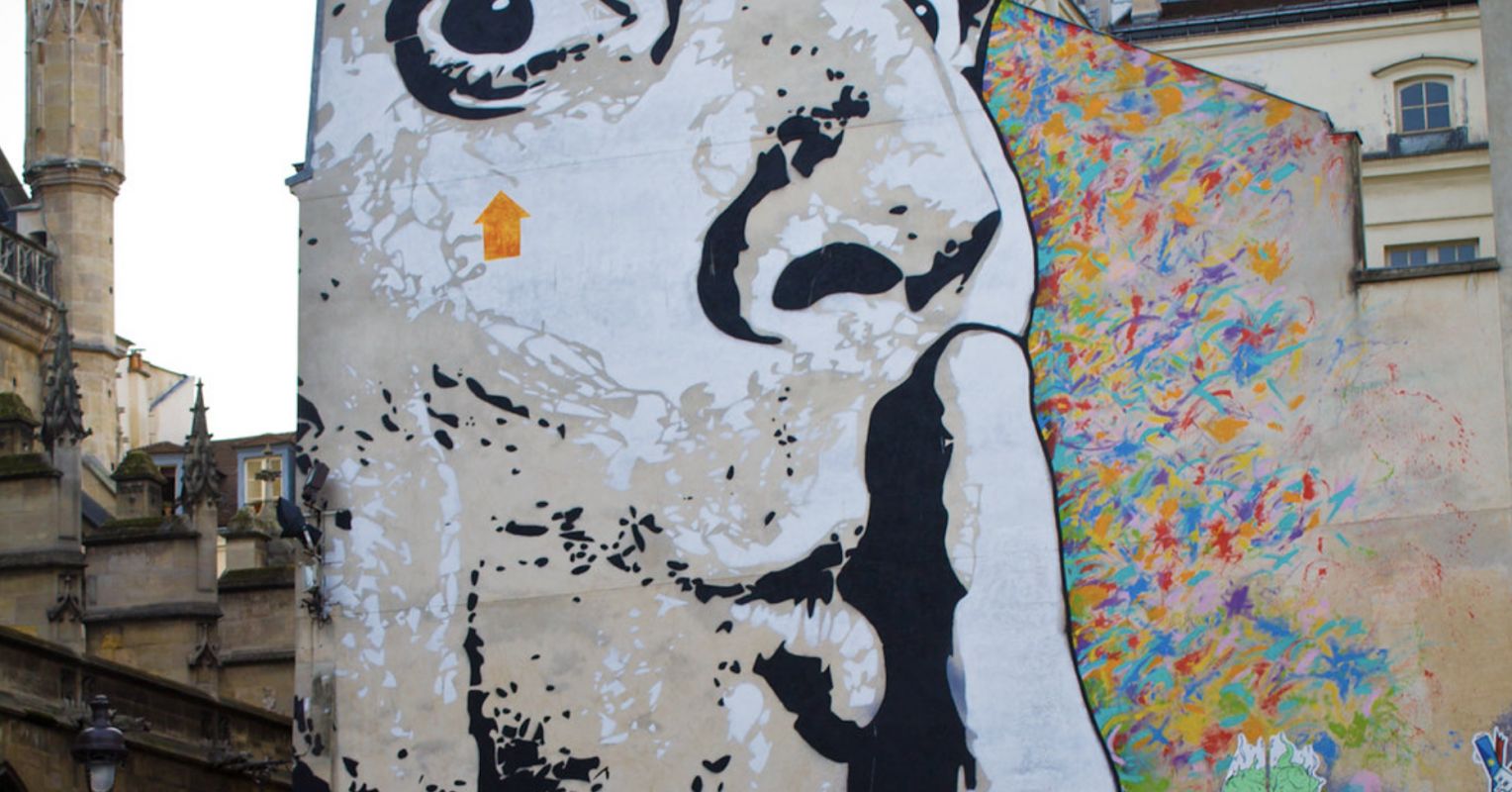
"We often assume that kindness is a universal good, that warmth is inherently soothing, and that a genuine gesture of connection will be received as something nourishing. And yet, many of us have experienced the opposite: We offer something simple and warm, and the reaction that comes back is withdrawal, defensiveness, or even hostility. It's one of the most perplexing interpersonal moments-not because of the loss itself, but because of the dissonance. Something given with clarity is returned with confusion."
"Whenever this happens, people tend to jump to two conclusions: "I'm wrong" or "They are wrong." But human interactions are rarely that simple. In many cases, kindness doesn't "fail"; it simply meets someone whose internal world does not have the capacity to receive it. In my work, I often talk about how our emotional and neurobiological states shape our relational behaviors far more than our intentions do."
Kindness only soothes when the recipient's nervous system has the capacity to receive it. Warmth can provoke shame, fear, or defensiveness in people with unintegrated wounds, turning simple generosity into a burden. Rejection of kindness often signals a mismatch of capacity rather than failure or inadequacy of the giver. Emotional and neurobiological states frequently determine relational reactions more than conscious intentions. Sympathetically dominant states prime vigilance and perceive warmth as demand. Collapsed parasympathetic states lead to numbness, low self-worth, and withdrawal. Distinct forms of niceness reflect different adaptive and neurobiological patterns that shape interpersonal responses.
Read at Psychology Today
Unable to calculate read time
Collection
[
|
...
]